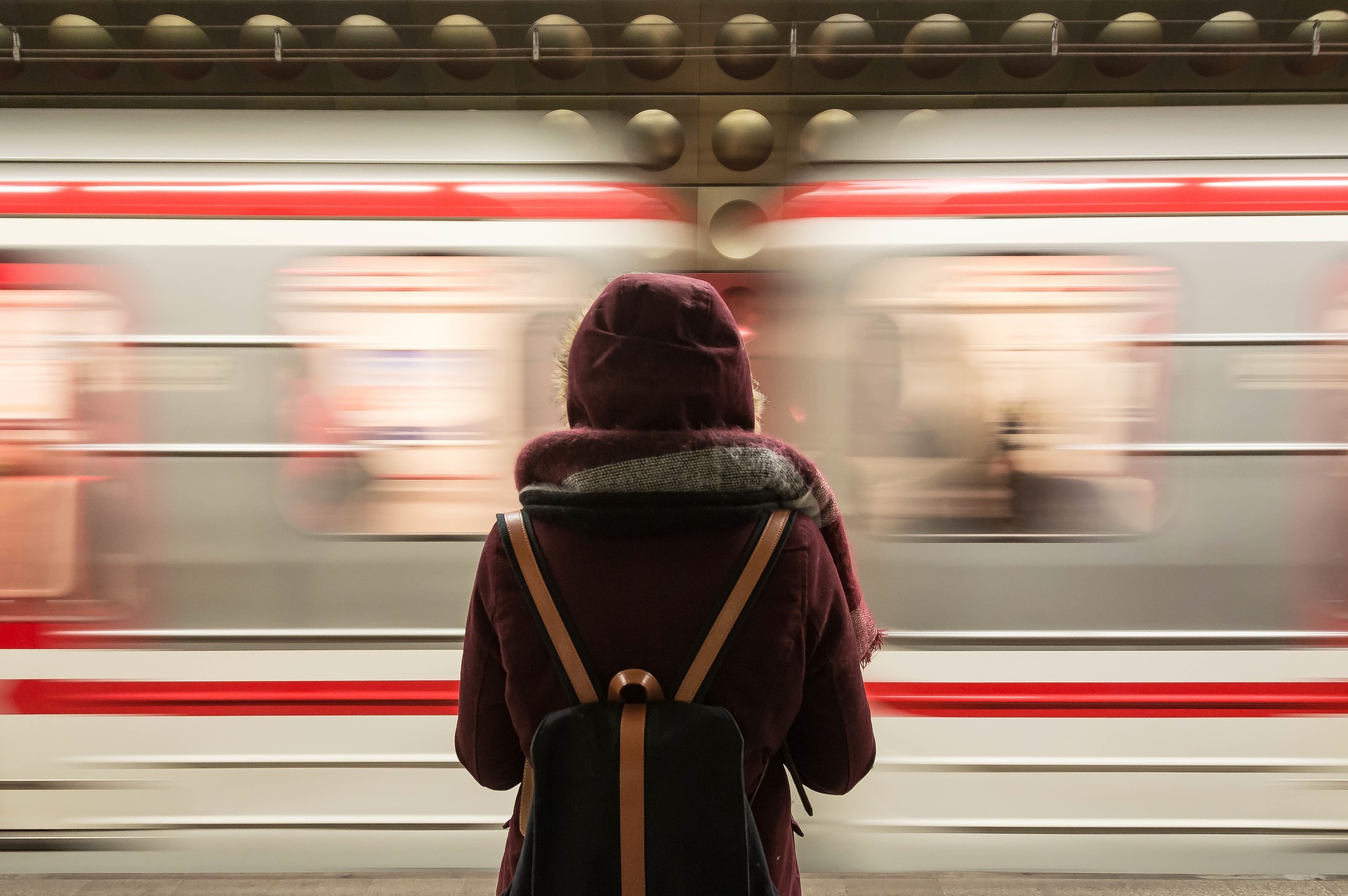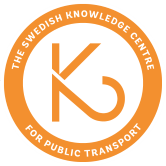
Public transport investments can play an important role in social and economic inclusion in cities and their surroundings. Urbanization, an ageing population and migration represent major challenges, not least in terms of how society's resources are made available through the transport system. The design and availability of public transport play an important role with respect to this challenge, for the individual and for different social groups. Within the cities, the question is how the requirements of companies and enterprises for establishment locations, demand for centralised housing and proximity to high-quality public transport can be balanced against the needs of other groups for accessibility in ways that create well-being and quality of life for all residents.
Previous urban planning, with the ideal of functional division, has contributed to social exclusion in some cases. In large cities, therefore, there are problems with socially segregated environments, with residents who cannot afford a car and where access to public transport is therefore essential. At the same time, public transport does not always satisfy the needs of these areas, where the environment in and around public transport is perceived as unsafe or transport is perceived as too expensive.
Overall research issues
A public transport system suitable for everyone requires knowledge on how the accessibility, mobility and quality of life of different individuals and groups are impacted by the public transport system. A society that satisfies all its citizens' needs and ensures that all citizens can have influence, imposes demands on planning processes with democratic participation, and pays attention to which groups in society (based on e.g. age, income, ethnicity, disability, type of residence) benefit from new public transport solutions and mobility services. The transport system, including public transport, plays an important role with respect to the ambitions to reduce social gaps and improve economic development, job creation and housing supply. The following research issues are prioritised in the research area:
- Which groups in society are benefited or disadvantaged by public transport investments, changed services and pricing, and in what way the public transport system can support more equal and egalitarian access to society's resources?
- What account do authorities take of citizens’ different needs and perceptions when designing public transport, e.g. children, people with disabilities and different socio-economic groups?
- How, and with what results, does collaboration between public transport actors and residents, including new, digital methods for dialogue and feedback increase the participation of different groups in planning and decision-making?
- How is public transport planned and designed so that it is, and is perceived to be, safe and secure, for both passengers and employees? How can it be designed to minimise noise and barrier effects?
Expected results
The research is expected to contribute to an increased understanding of public transport as a means of increasing social sustainability. The special needs of different groups in public transport are made visible, and concepts such as social benefit, quality of life, health and accessibility are developed in relation to public transport. In regard to public transport actors, such as regional public transport authorities and municipalities, the research will lead to an increased understanding of how to better include different groups in the planning process. The research also contributes to an increased understanding of how public transport, in combination with new mobility solutions, can be designed to offer solutions to those who currently have limited mobility.
